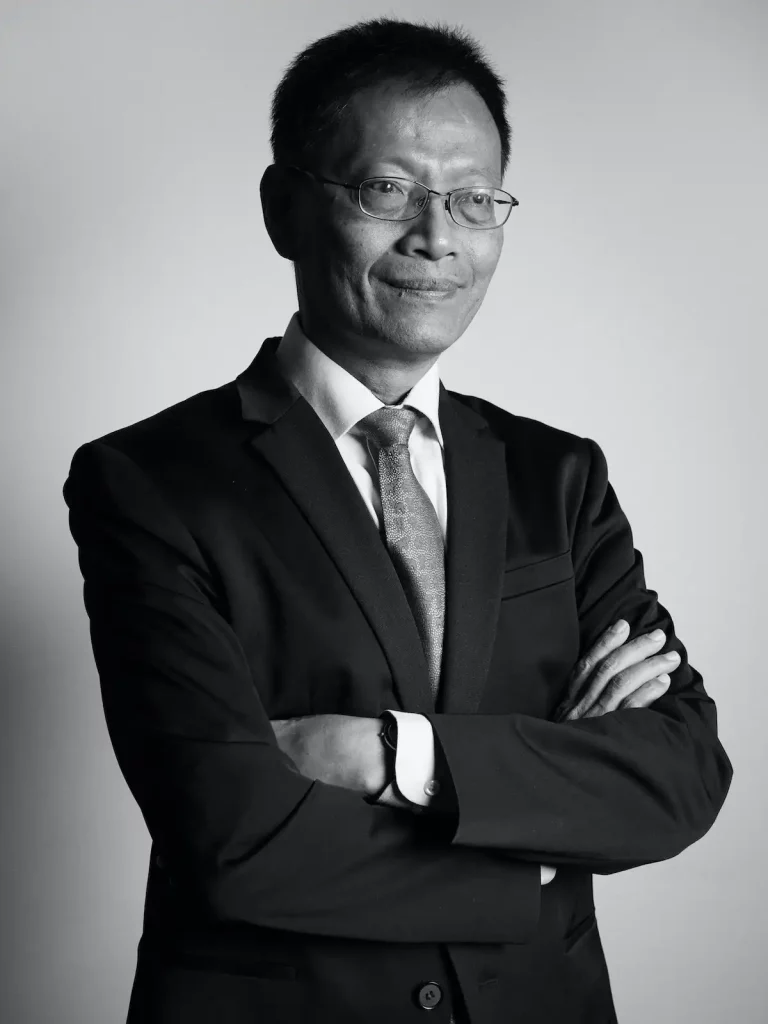The Philippines and Vietnam remain on the Financial Action Task Force’s grey list, the only two Asian gaming jurisdictions so defined. In this week’s Under the Scope, gaming expert Ben Lee looks at the differences between each country’s strategy, the impositions they’re facing, and business and political sentiment towards their continued oversight by the financial watchdog.

“I think the impetus to actually try and get off the grey list is actually to make it easier for certain individuals in the Philippines that are connected who actually want to move their cash abroad to destinations like the US, and not to face too many hurdles in doing so,” notes Lee.
The head of the Philippines gaming watchdog PAGCOR, Alejandro H. Tengco, has made it clear that he wants to follow the President’s orders to comply with the FATF’s requirements to get off the list – including increased oversight of anti-money laundering measures at casinos and better supervision of junkets.
The IGamiX Managing Partner notes that the relevant government departments have all been issued with the directive to get off the list “but we have to see what comes out to be able to state whether they really meant what they said they were going to do, or it’s just a matter of doing just enough to get themselves off the list”.
Junkets
Regarding junkets, the FATF still isn’t convinced that junket oversight is sufficient to ‘mitigate risks’ in the Philippines. But what exact criteria the watchdog is looking at could exemplify whether they mean international junket operators, or local ones.
“On the surface they’re referring to the international junkets because they’re more prominent and they deal in cross-border transactions. But if you were to look at the amount of revenue that’s being generated under the high-roller category, sometimes the volume in the high-rollers category can almost equal or exceed the amount of junket revenue for the casino.”
These international operations comprise mostly Chinese and Korean junkets. But the local junket operators, functioning as ‘financiers’ in casinos (offering cash to players), are also profiting from the high threshold limits in place before reporting is required.
Recent reports indicate that single casino transactions only require a suspicious transaction report to be issued if the value is above PHP5 million ($89,000), ten times that required for typically flagged transactions.
And even then, a simple work around the reporting criteria is to handle multiple buy-in at a lower value than the threshold, notes the expert.
In a 2023 report by the nation’s Anti-Money Laundering Council, the AMLC notes that there is ‘heavy use of physical cash by casino players, coupled with the non-reporting of transactions by certain casino junket operators’.
Filings analyzed by the MLC found that four audited casinos generated some 4,110 STRs between 2020 and 2022, with one operator alone accounting for 54.7 percent, of volume and 68.79 percent of the total value – or PHP12.09 billion ($215.47 million), of a total of PHP17.58 billion ($303.32 million). Interestingly, of the PHP17.58 billion, 98.2 percent was denominated in Philippine Pesos.
The declared country of residence linked to the STRs was 51.3 percent the Philippines, with China coming it at 18.76 percent and South Korea at 7.15 percent.
One other potential contributor to the country remaining on the grey list, notes Lee, is that very few consequences were seen in the Philippines from the funneling of funds from the Bangladesh Bank cyber heist in 2016.
“There’s been very little improvement in their processes and procedures, apart from their institution of a reporting threshold that is far higher than in any other jurisdiction”, notes Lee.
Vietnam
While the Philippines faces a long road towards FATF compliance, if it wishes to truly reform the casino and junket sectors for AML/CTF, nearby Vietnam has also been unable to get off the list, however the financial watchdog doesn’t specifically cite junkets.
The reason, notes Lee, is that “there has been very little junket activity – nowhere near the level of the Philippines or Macau.”
And Covid largely killed the primary junket operation in the country, at Crown International in Danang (upwards of 95 percent of revenue coming from up to 15 junket operators), and “with Vietnam still experiencing very little return of Chinese visitors, it is not an issue”.
But the FATF is also requiring Vietnam to improve its ‘technical compliance deficiencies, including with respect to the ML offense, targeted financial sanctions, customer due diligence and suspicious transaction reporting’. This could mean that as things heat up, and visitation returns, the country will have to work harder to have its definition changed.
Vietnam, unlike the Philippines, largely does not allow local gambling and prohibits online gambling meaning criteria for the FATF’s evaluation is largely different.
Other jurisdictions
One key element of the FATF’s most recent note on its grey list was the fact that the United Arab Emirates – a potential new gaming jurisdiction – had been removed from the list, something Lee notes is a “good thing for the potentially nascent industry there”.
The UAE and Thailand have been targeted as top regional jurisdictions looking to introduce gaming, a move which would not necessarily imply any type of reclassification by the FATF, as long as the countries get their regulations and compliance properly in place, notes Lee.
While only two Asian countries are on the FATF grey list, Myanmar continues on the monitoring group’s black list and ‘overall progress continues to be slow’.
Lee notes that casino operators in the country on the border with Thailand are “pretty depressed right now”, due to the ongoing political conflicts raging in the nation noting “I don’t see them emerging from this turmoil any time soon”.
The conflicts, and subsequent actors who took and are taking advantage of them, have led to criminal syndicates – including illegal online and land-based gaming, crypto scams, kidnapping and more – setting up shop in the region, meaning the nation can’t expect a new FATF classification any time soon.











